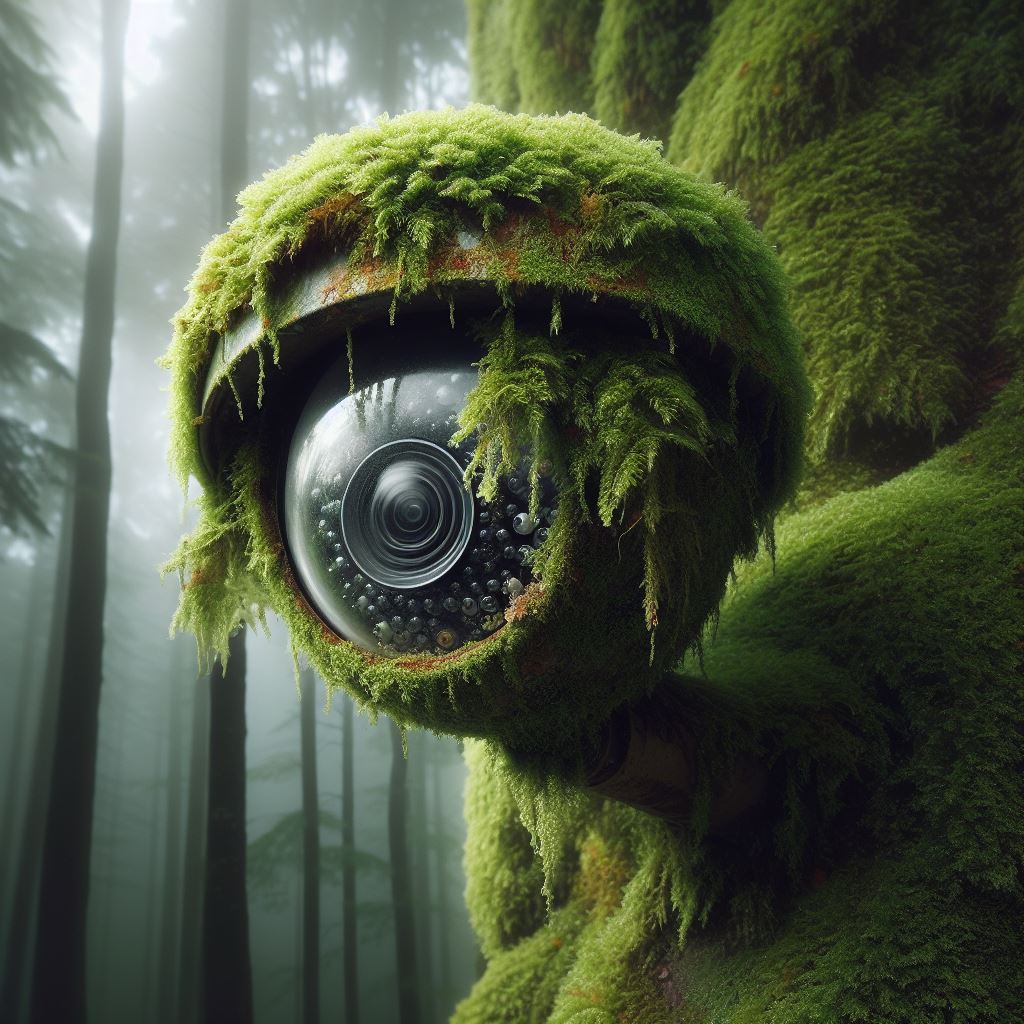A culture that thinks like an algorithm also “projects a future that is like the past,” James Bridle explains, because “that which is gathered as data is modelled as the way things are, and then projected forward — with the implicit assumption that things will not radically change or diverge from previous experiences.” In a world reliant on computation to make sense of things, “that which is possible becomes that which is computable.”



Absolutely with you on that, if there was ever a fire of the gods we must steal, it's this shit.
Not too sure what you mean by a rebirthed artisan class - care to elaborate? Non-proletarized workers that have some small form of MoP; less division of labour, something like that?
(I'll be off for now but reading it all soon, cheers)
deleted by creator
I've seen that Varoufakis talk, it's been on my mind again lately as well. I'm not sure whether it's really non-capitalistic technofeudalism, or just the latest stage of capitalism tbh, but it doesn't matter all that much what we call it anyway. In general, I agree with his observations.
Here, I'm... not so sure, honestly. Like, yes, it has to end in light of the hard limits of our biosphere, but I see no mechanism intrinsic to capitalism that would make it end by itself. We have to end it. If not all of capitalism, then that period of mass production, as you call it. It's a waypoint in the struggle, not a thing that will occur whether we fight for it or not - in my view. Regarding self-made stuff, locally as opposed to amazon goods: I really like that vision. There is of course an obvious (and short-sighted) counter-argument, namely that economies of scale are much more efficient than hand-crafted products could ever be, both in terms of time (obviously) and resources (debatable) - but I think that fails to recognize that we don't really need all that much stuff to be happy in the first place; and that a unique item is much more fulfilling (because it's tailored to our specific needs, but also because it is uniquely ours) in a roundabout way. Additionally, contemporary consumerism isn't just killing the planet - it makes people depressed as well; sure there are the short-time highs after buying a treat but it never lasts and just demonstrates to people how they're never gonna be happy - because consumerism is the only pathway to happiness on offer, generally.
An age of artistic renewal, I love that. Ateliers instead of factories, communal workshops instead of service call centers. It reminds me of how training neural nets is as much an art as it is a science; how there's no one way to make a model do a thing you want it to do; how there is quite a lot of intuition going into both, the curation of training data and the cut-off point on where to stop training (to avoid overtraining) - I think there really is a lot to this line of thought of a new artisanry. Maybe that's the classless society, where we're just all artisans in one thing or another; no more bourgeoisie, no more proletariat, just artisans tinkering away at what they need at the moment. All of it more slowly, more calm, more fulfilled.
deleted by creator
There's definitely something growing already, agree.
Cheers, it was a pleasure